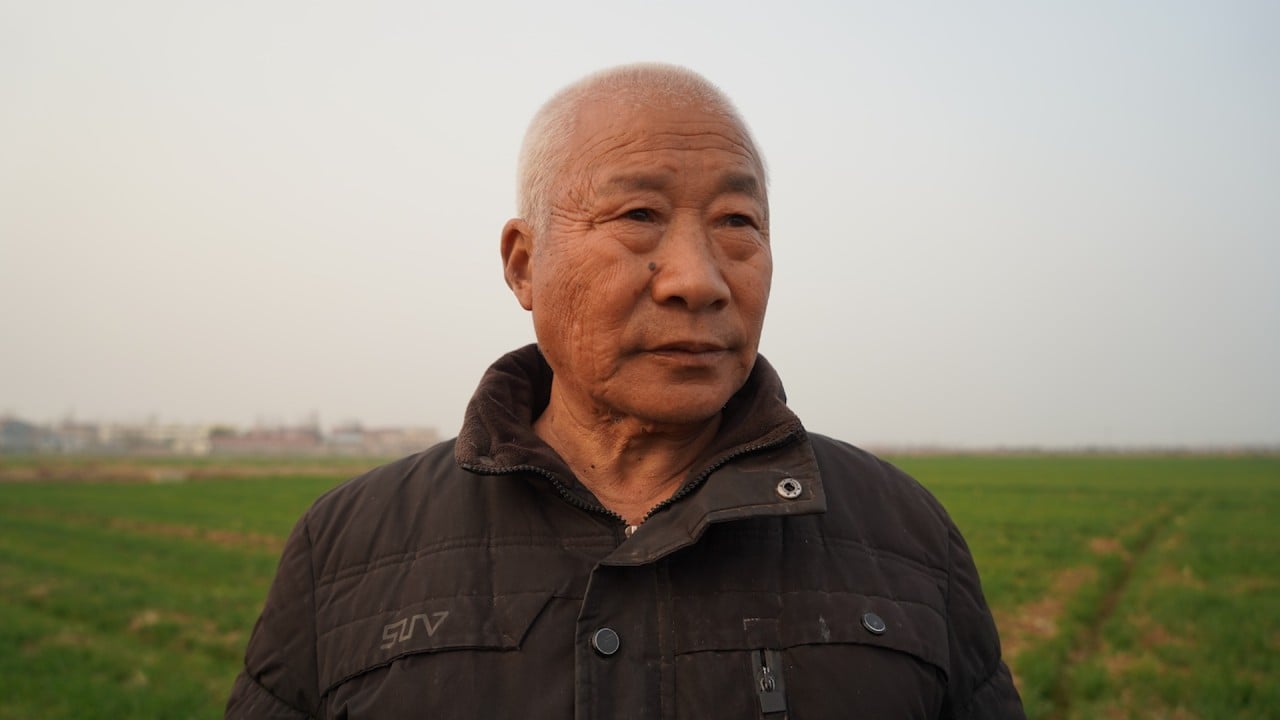
China adopts GM technology for corn, soybeans in major food security manoeuvre
- China has approved genetically modified varieties of corn and soybean for commercial use after years of trials and public controversy over the technology’s safety
- Shift in strategy comes as country renews focus on food security and self-sufficiency, particularly for the mostly imported soybean
In a move over a decade in the making, China has expanded the commercial adoption of genetic modification (GM) to two staple crops, making major strides in its plan to ensure food security despite persistent public controversy over the technology.
China, which has made food security a top priority as a host of global uncertainties brings the stability of imports into question, previously limited the application of GM technology to papaya and cotton.
The decision marks the beginning of a new era for China’s seed industry and is expected to improve self-sufficiency for its 1.4-billion-strong population while moderating a sizeable food trade deficit.
Approved varieties, which have been bred for stronger herbicide or insect resistance and produce higher yields, can be grown in designated areas after November 15, when solicitation of public comment ends.
Developers of the strains include major domestic seed companies such as Beijing Dabeinong Biotechnology. China has pledged strong support for leading breeders via a 2021 action plan intended to give the industry a boost.
Focus on more domestic soybean production amid China’s self-sufficiency drive
“It wouldn’t be an exaggeration to say it starts a new era for the industry as the technology is now applied to corn and soybean, which are major food crops and important sources for cooking oil,” he said.
“We’re seeing a surge in demand for meat as living standards improve, and these crops are also important sources for animal feed.”
However, initial commercial adoption is unlikely to result in immediate large-scale planting and will have a minimal impact on import demand, said Zheng Fengtian, a professor of agricultural economics at Beijing’s Renmin University.
The embracing of GM food is more a preparation for a rainy day
“It’s not possible to replace all the imports with domestic production,” he said. “We don’t have that much land.”
But the technology could have strategic advantages that supersede those concerns.
“For China, the embracing of GM food is more a preparation for a rainy day,” Zheng said. “If everything’s fine with the United States, then it’s not bad to import. But if it starts using food as a weapon, we have our own option.”
China imported more than 146 million tonnes of food last year, according to customs data, over 60 per cent of which were soybeans. That meant a net food trade deficit of over 143 million tonnes.
From January to September it imported nearly 78 million tonnes, mainly from the US, but in recent years it has bought more from Brazil as Sino-US ties worsened.
High reliance on imports is partly driven by an unwillingness by domestic farmers to grow the crop due to the poor performance of existing varieties, Zheng said. The yield of soybeans planted in China is just 40 per cent of those from the United States or Brazil.
Bean there, but not done yet: China soybean output hits record 20 million tonnes
In support of that goal, a seed development firm with registered capital of 4 billion yuan (US$546.92 million) was set up last month in the southern island of Hainan by the State Development and Investment Corporation, China’s behemoth state-owned holding company.


.jpg?itok=t8OJmsoF)
